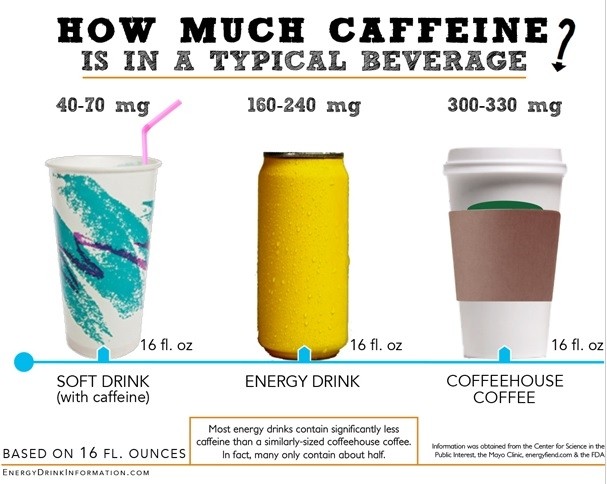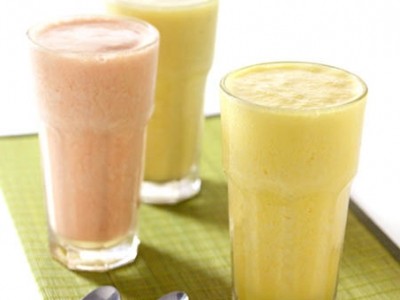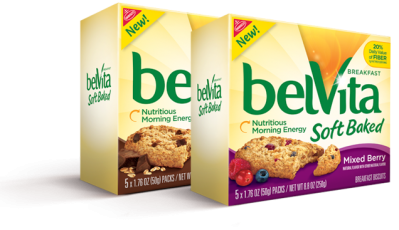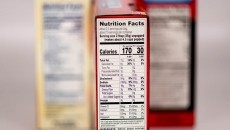CSPI calls for warning letters on energy drinks, but are the numbers accurate?

In a letter to FDA commissioner Margaret Hamburg the consumer advocacy group cited data obtained from the Agency which linked energy drink consumption to a total of 276 adverse events, including 34 deaths, between January 1, 2004, and March 10, 2014. The data links 22 deaths to 5-Hour Energy, 11 to Monster, and one to Rockstar.
While CSPI stated that the reports do not prove that energy drinks actually caused the deaths, Michael Jacobson, CSPI executive director, asked: “How many deaths will it take to get the FDA to protect consumers from energy drinks, with their high levels of caffeine and untested herbal and chemical ingredients?”
“Since the first batch of adverse event reports became public, the death count has essentially doubled, with dozens more injured. Yet the FDA is just standing by—no public warnings, no regulations, no testing required—nothing.”
‘It’s hard to make heads or tails of many of the reports’
Commenting on the number of AERs (adverse event reports), Rick Kingston, PharmD, president of regulatory and scientific affairs and Sr. clinical toxicologist at SafetyCall International and clinical professor of pharmacy at the University of Minnesota, told us that it’s “not really that surprising that spontaneous reports of this nature are picked up in the FDA database, especially for a class of product which has such significant market penetration with media attention to boot.
“The issue is typically that these reports are usually of variable quality and unless corroborated by independent medical investigation may not really signal anything.
“Additionally, unless we know how the products were being used (or misused) and concomitant medical conditions or other substances also being ingested, it’s hard to make heads or tails of many of the reports,” said Dr Kingston. “Consider too that most safety evaluations require multiple streams of data including published medical reports and/or data from clinical series to conclude labeling is required and I don’t think they are there yet.
“What is needed in this area is more prospective and structured data collection that looks to answer specific questions on use and product formulations that are potentially giving rise to reported events. That’s usually best accomplished by companies participating in the collection of data and review of all reports. I believe a number of companies are stepping up to the plate to do so.
“Lastly, not all these products are created equal, tremendous variation in formulations and ingredients so one size does not fit all.”
Caffeine limits, too
In its letter to Dr Hamburg, CSPI also calls for the agency to require manufacturers to lower caffeine levels in the drinks to 0.02 percent, or 71 milligrams per 12 ounces. This limit is equivalent to the maximum amount the Agency considers safe in cola-style beverages, said the group.
“Energy drinks are purchased and consumed like soft drinks,” states the group in its letter. “Energy drinks are located next to sodas in grocery stores, vending machines, and convenience stores. In contrast to coffee (which, as a hot beverage, is sipped slowly), energy drinks are consumed cold and often quickly ‘chugged’, similar to soda.”
CSPI also raises concerns about the use of taurine, which it alleges is dangerous when used in combination with caffeine.
“Taurine is part of a group of substances – called inotropes – known to increase contractility in the heart,” it states. “Although there is not yet evidence of adverse effects resulting specifically from taurine, deaths in European athletes have been linked to energy drinks containing taurine and caffeine (along with other ingredients). Therefore, many European countries have banned or limited the sales of energy drinks. Additional research is essential to determining the safety of taurine and other unconventional ingredients commonly found in energy drinks, and those ingredients should be tested for safety in combination as well as separately.”
ABA: Taurine is found naturally in the human body
In its EnergyDrinkInformation.com website, the American Beverage Association states that taurine is found naturally in the human body, as well as in food items such as seafood, scallops and poultry. “Because taurine exists naturally in breast milk, it is also used as an additive in infant formula, one of the most researched products sold,” it states.
To read the full CSPI letter, please click HERE.
















